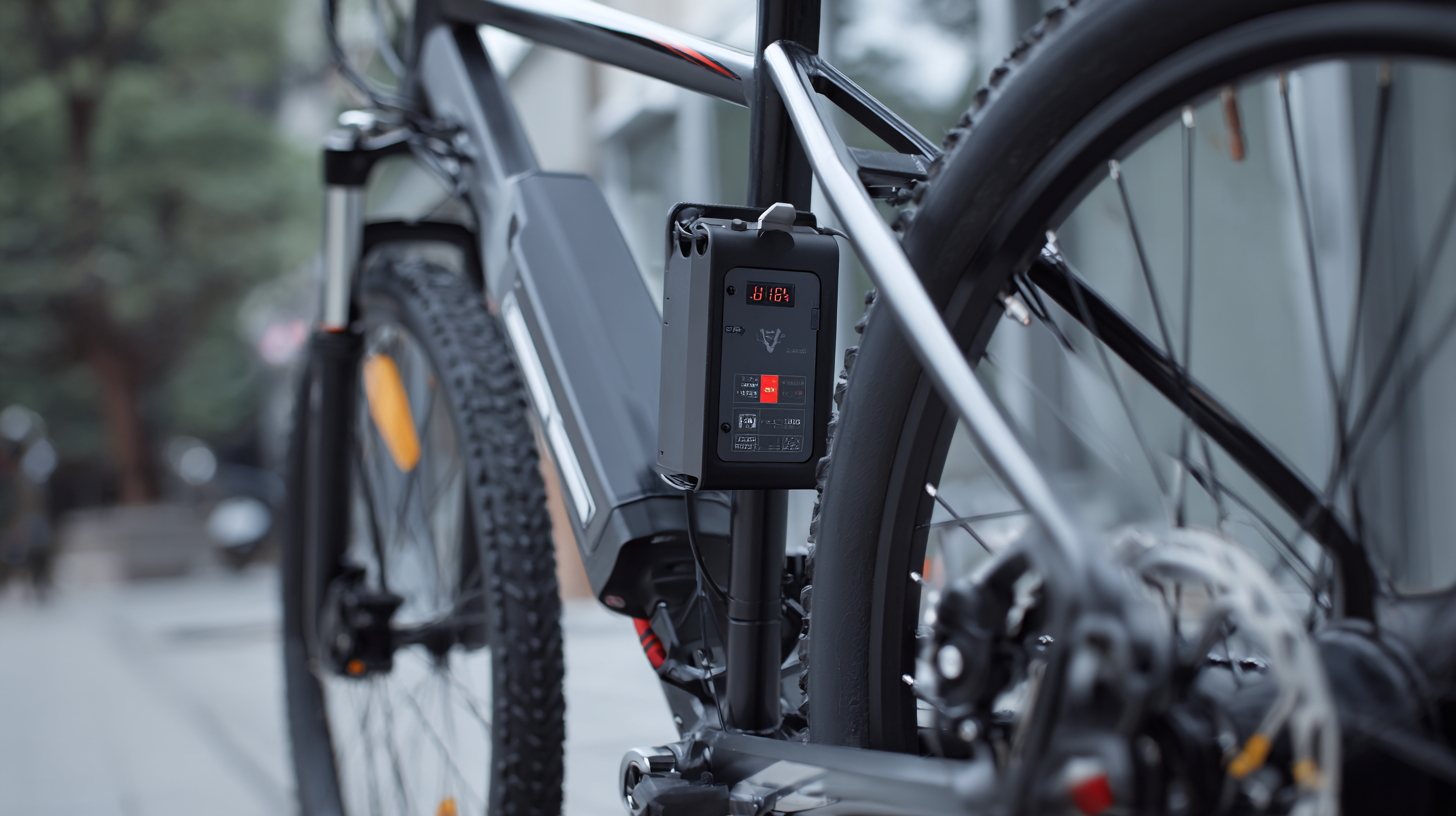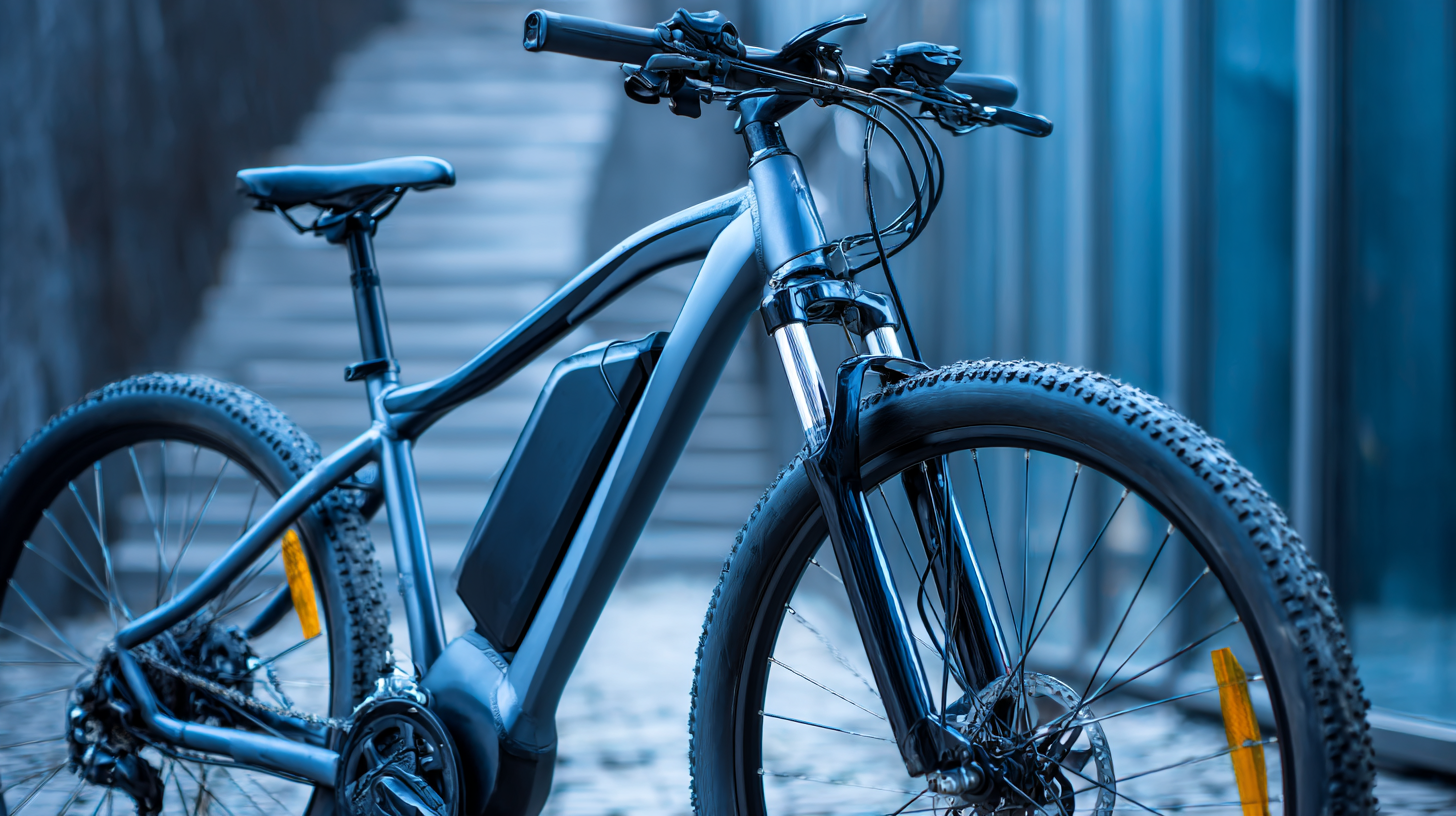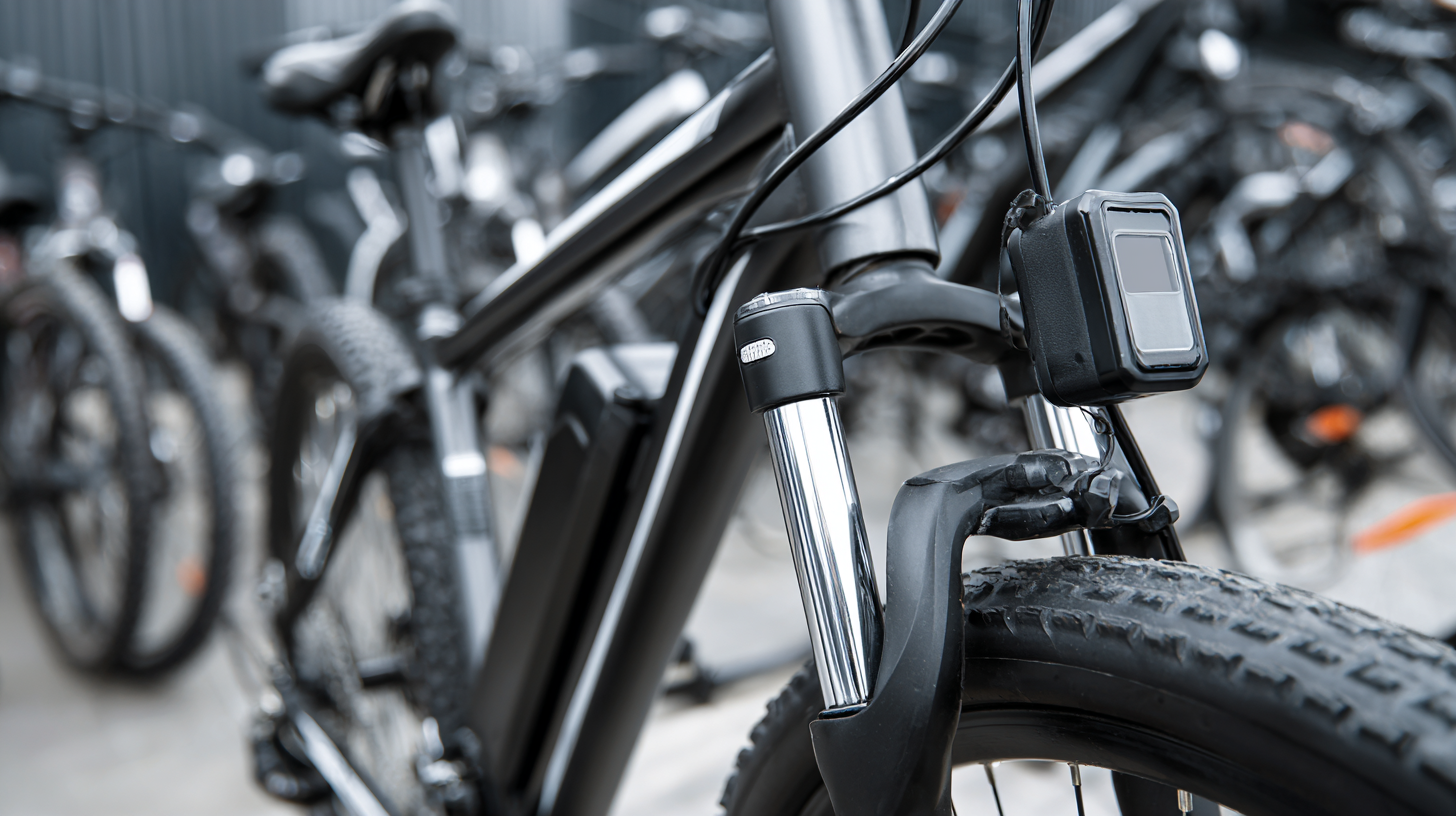In the rapidly evolving market of bicycle lithium batteries, superior after-sales support and low maintenance costs have emerged as crucial factors influencing global procurement decisions. According to a recent report by Grand View Research, the global lithium-ion battery market for bicycles is projected to reach $2.6 billion by 2025, driven by a surge in electric bicycle adoption and consumer demand for longer-lasting battery solutions. As manufacturers strive to enhance product performance and reliability, the ability to offer effective after-sales support can significantly impact customer satisfaction and brand loyalty. Furthermore, the cost of maintenance has become increasingly important; studies indicate that potential buyers are more likely to choose options with lower lifetime costs, underscoring the necessity for suppliers to provide not only high-quality products but also exceptional service. This blog will delve into how these factors maximize the value of bicycle lithium batteries, ultimately steering global procurement strategies in the industry.

The significance of after-sales support in battery selection for bicycles cannot be overstated, as it directly impacts the overall ownership experience. A study conducted by the National Renewable Energy Laboratory (NREL) highlights that bicycles equipped with lithium batteries experience a 30% longer lifespan compared to traditional lead-acid options, largely due to superior management and maintenance facilitated by robust after-sales services. These services often include performance monitoring, warranty support, and timely replacements, which play a crucial role in safeguarding investments and encouraging sustainable practices among consumers.

Moreover, the cycling industry is witnessing a growing shift towards eco-friendly transportation solutions, reflected by a report from the Global Bicycle Market Analysis, which states that 42% of consumers prioritize after-sales support when selecting electric bicycle batteries. Companies that invest in comprehensive after-sales strategies tend to see a 25% increase in customer loyalty and repeat purchases. This trend indicates that as consumers become more discerning, the importance of reliable after-sales support will continue to shape global procurement decisions, ensuring that high-quality lithium batteries not only meet performance needs but also provide ongoing peace of mind.
When it comes to the procurement of bicycle lithium batteries, understanding maintenance costs is crucial for decision-makers. Companies are increasingly aware that low maintenance expenses not only reduce the overall cost of ownership but also enhance the longevity and reliability of the batteries. By choosing batteries that require minimal upkeep, businesses can allocate resources more efficiently, leading to improved operational efficiency and greater profitability.
Furthermore, the impact of after-sales support on procurement decisions cannot be overlooked. A robust after-sales service can mitigate potential issues that arise from battery maintenance. Suppliers offering comprehensive support create a safety net for businesses, ensuring that any technical difficulties are resolved quickly, which helps maintain productivity. As organizations look to optimize their supply chains, the combination of low maintenance costs and superior after-sales support often becomes a deciding factor in their procurement strategy, driving long-term relationships that yield substantial returns.
As the demand for electric bicycles continues to soar, the market for lithium batteries specific to this segment has expanded, prompting a comparative analysis of the best options available. Leading manufacturers are constantly innovating to enhance battery life, weight efficiency, and overall performance. Notably, brands like Samsung, LG, and Panasonic have emerged as frontrunners, utilizing advanced chemistry to create batteries that not only provide longer ranges but also facilitate quick charging. Key factors influencing procurement decisions include the balance between capacity, durability, and weight, as these can significantly affect the overall cycling experience.
Additionally, after-sales support plays a crucial role in shaping procurement strategies. Companies that offer comprehensive warranties, responsive customer service, and accessible replacement parts help build trust with consumers. Low maintenance costs further tilt the scales in favor of specific brands, as fleets and individual users alike seek solutions that promise longevity and minimal upkeep. Ultimately, the comparative analysis of lithium bicycle batteries goes beyond technical specifications; it delves into the entire ownership experience, showcasing why some brands establish a stronghold in global procurement decisions.
| Battery Type | Energy Capacity (Wh) | Weight (kg) | Cycle Life (cycles) | Warranty (years) | Maintenance Cost (annual, USD) | After-Sales Support Rating (1-5) |
|---|---|---|---|---|---|---|
| Lithium-Ion | 500 | 2.5 | 1000 | 2 | 50 | 4 |
| Lithium Polymer | 600 | 3.0 | 800 | 3 | 40 | 5 |
| Lithium Iron Phosphate | 700 | 4.0 | 2000 | 5 | 30 | 4 |
| Lithium Cobalt Oxide | 450 | 2.8 | 500 | 2 | 60 | 3 |
In the rapidly evolving bicycle industry, procurement decisions are heavily influenced by after-sales support and maintenance costs. Superior after-sales support not only enhances customer satisfaction but also fosters brand loyalty. Companies that prioritize service and responsiveness create a competitive edge, encouraging buyers to favor their products over others. This perception of value extends beyond the initial sale, as strong support systems reassure buyers about their long-term investments.
When it comes to maintenance costs, lithium batteries have emerged as a game-changer. Many riders seek reliable, low-maintenance options that promise longevity without the frequent replacements associated with traditional batteries. As a result, businesses emphasizing the durability and efficiency of their lithium battery systems are more likely to attract global buyers.
**Tip:** Businesses should invest in comprehensive training programs for their support teams to ensure they can address customer needs effectively.
**Tip:** Consider developing a user-friendly online platform for customers to access maintenance tips and troubleshooting guides, which can enhance their experience and minimize service calls.
Incorporating these elements into procurement strategies can drive better decisions, ultimately leading to increased market share in a competitive landscape.
The global bicycle lithium battery market is poised for significant growth, with projections indicating a market size exceeding $10 billion by 2026. This growth trajectory is being driven by a rising demand for electric bicycles (e-bikes), which are expected to witness an annual growth rate of over 10% during the next five years. As manufacturers strive to enhance the value proposition for consumers, after-sales support has become a crucial differentiator in the competitive landscape. Superior warranty programs and efficient customer service not only bolster brand loyalty but also significantly influence procurement decisions among retailers and distributors.

Moreover, the trend towards lower maintenance costs is reshaping consumer expectations and procurement strategies. According to a recent industry report, lithium batteries now boast an average lifespan extending beyond 1,500 charge cycles, dramatically reducing the need for replacements. This longevity makes them a more cost-effective choice in the long run. In conjunction with robust after-sales service offerings, these advancements are likely to prompt a shift in procurement strategies, favoring suppliers that provide comprehensive support and maintenance solutions. The integration of smart battery management systems is also anticipated to further enhance performance and reliability, cementing the importance of after-sales services in the evolving landscape of bicycle lithium batteries.


